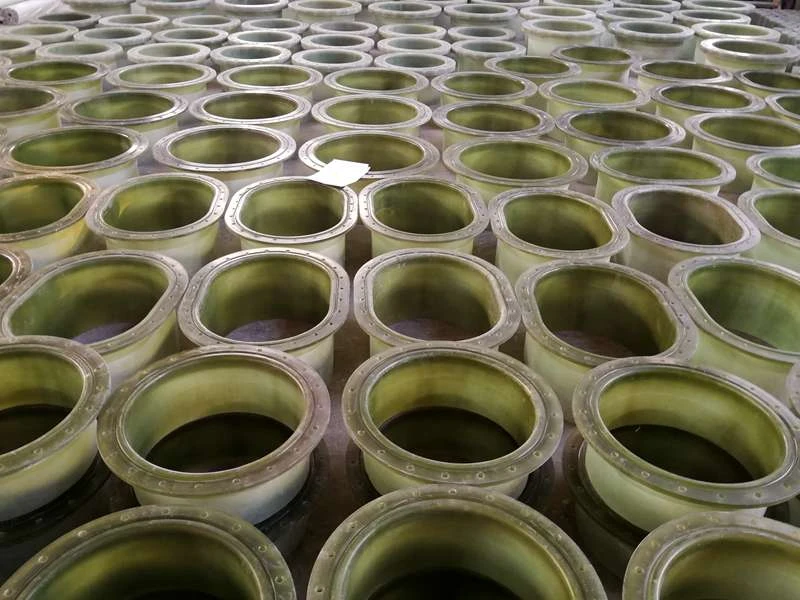
-
 Afrikaans
Afrikaans -
 Albanian
Albanian -
 Amharic
Amharic -
 Arabic
Arabic -
 Armenian
Armenian -
 Azerbaijani
Azerbaijani -
 Basque
Basque -
 Belarusian
Belarusian -
 Bengali
Bengali -
 Bosnian
Bosnian -
 Bulgarian
Bulgarian -
 Catalan
Catalan -
 Cebuano
Cebuano -
 China
China -
 China (Taiwan)
China (Taiwan) -
 Corsican
Corsican -
 Croatian
Croatian -
 Czech
Czech -
 Danish
Danish -
 Dutch
Dutch -
 English
English -
 Esperanto
Esperanto -
 Estonian
Estonian -
 Finnish
Finnish -
 French
French -
 Frisian
Frisian -
 Galician
Galician -
 Georgian
Georgian -
 German
German -
 Greek
Greek -
 Gujarati
Gujarati -
 Haitian Creole
Haitian Creole -
 hausa
hausa -
 hawaiian
hawaiian -
 Hebrew
Hebrew -
 Hindi
Hindi -
 Miao
Miao -
 Hungarian
Hungarian -
 Icelandic
Icelandic -
 igbo
igbo -
 Indonesian
Indonesian -
 irish
irish -
 Italian
Italian -
 Japanese
Japanese -
 Javanese
Javanese -
 Kannada
Kannada -
 kazakh
kazakh -
 Khmer
Khmer -
 Rwandese
Rwandese -
 Korean
Korean -
 Kurdish
Kurdish -
 Kyrgyz
Kyrgyz -
 Lao
Lao -
 Latin
Latin -
 Latvian
Latvian -
 Lithuanian
Lithuanian -
 Luxembourgish
Luxembourgish -
 Macedonian
Macedonian -
 Malgashi
Malgashi -
 Malay
Malay -
 Malayalam
Malayalam -
 Maltese
Maltese -
 Maori
Maori -
 Marathi
Marathi -
 Mongolian
Mongolian -
 Myanmar
Myanmar -
 Nepali
Nepali -
 Norwegian
Norwegian -
 Norwegian
Norwegian -
 Occitan
Occitan -
 Pashto
Pashto -
 Persian
Persian -
 Polish
Polish -
 Portuguese
Portuguese -
 Punjabi
Punjabi -
 Romanian
Romanian -
 Russian
Russian -
 Samoan
Samoan -
 Scottish Gaelic
Scottish Gaelic -
 Serbian
Serbian -
 Sesotho
Sesotho -
 Shona
Shona -
 Sindhi
Sindhi -
 Sinhala
Sinhala -
 Slovak
Slovak -
 Slovenian
Slovenian -
 Somali
Somali -
 Spanish
Spanish -
 Sundanese
Sundanese -
 Swahili
Swahili -
 Swedish
Swedish -
 Tagalog
Tagalog -
 Tajik
Tajik -
 Tamil
Tamil -
 Tatar
Tatar -
 Telugu
Telugu -
 Thai
Thai -
 Turkish
Turkish -
 Turkmen
Turkmen -
 Ukrainian
Ukrainian -
 Urdu
Urdu -
 Uighur
Uighur -
 Uzbek
Uzbek -
 Vietnamese
Vietnamese -
 Welsh
Welsh -
 Bantu
Bantu -
 Yiddish
Yiddish -
 Yoruba
Yoruba -
 Zulu
Zulu
FRP Piping Solutions and Components for Marine Vessel Construction and Design
The Importance of FRP Pipes and Fittings in Shipbuilding
In the ever-evolving maritime industry, the demand for innovative materials that enhance performance, durability, and safety is higher than ever. One such advancement is the utilization of Fiberglass Reinforced Plastics (FRP) in pipes and fittings, which has transformed the shipbuilding sector. This article explores the myriad benefits and applications of FRP pipes and fittings in modern ship construction.
What is FRP?
Fiberglass Reinforced Plastics (FRP) is a composite material made by combining fiberglass with a resin matrix. This combination results in a lightweight, strong, and highly resistant material that is ideal for various applications, including shipbuilding. FRP's unique properties such as corrosion resistance, low weight, and excellent mechanical strength make it a superior choice in marine environments where traditional materials may falter.
Corrosion Resistance
One of the most significant advantages of FRP pipes and fittings is their outstanding resistance to corrosion. Traditional materials like steel and aluminum are prone to rust and degradation when exposed to seawater, chemicals, and humidity. FRP, however, remains largely unaffected by such conditions, ensuring longevity and reducing the need for frequent repairs or replacements. This durability is particularly critical in shipbuilding, where the harsh marine environment can quickly erode conventional materials.
Lightweight Design
Another key benefit of utilizing FRP in shipbuilding is its lightweight nature. FRP pipes and fittings can significantly reduce the overall weight of a vessel, which is essential for improving fuel efficiency and overall performance. By decreasing the weight of onboard systems, shipbuilders can optimize the vessel's design for better speed and maneuverability. The lightweight properties of FRP also allow for greater flexibility in design, enabling the creation of more intricate shapes and structures without the excess weight associated with traditional materials.
Easy Installation and Maintenance
frp pipes and fittings for ship building

The installation of FRP pipes and fittings is generally simpler and faster than their metal counterparts. Their lightweight nature allows for easier handling and installation, which can lead to reduced labor costs and shorter construction timelines. Moreover, the maintenance requirements for FRP components are minimal due to their durability and resistance to degradation. This translates to lower operational costs over the vessel’s lifespan, an attractive proposition for ship owners and operators.
Thermal and Acoustic Insulation
FRP materials provide excellent thermal insulation, which is crucial in the maritime industry where temperature control is necessary for both operational efficiency and passenger comfort. Additionally, FRP possesses sound-dampening properties that can help minimize noise levels on board. Using FRP pipes and fittings can contribute to a more comfortable environment for passengers and crew, ultimately enhancing the overall experience aboard a vessel.
Environmental Sustainability
As the world increasingly prioritizes sustainability, the maritime industry faces growing pressure to adopt more environmentally friendly practices. FRP is a sustainable choice, as it reduces the need for the replacement and maintenance of traditional materials, preserving resources in the long run. Some FRP products are also manufactured using recycled materials, further minimizing environmental impact.
Applications in Shipbuilding
FRP pipes and fittings find applications in various systems within a ship, including wastewater systems, ballast water treatment systems, fire suppression systems, and fresh water distribution. Their versatility makes them suitable for both above and below deck installations, contributing to the ship's overall functionality. Moreover, as the technology surrounding FRP continues to advance, the potential applications are likely to expand, offering even more solutions for shipbuilders.
Conclusion
In conclusion, FRP pipes and fittings represent a significant advancement in the shipbuilding industry, offering a multitude of benefits over traditional materials. Their corrosion resistance, lightweight design, ease of installation, and sustainability make them an exceptional choice for shipbuilders looking to innovate and enhance their vessels. As the maritime industry continues to evolve and face new challenges, the integration of these advanced materials will undoubtedly play a crucial role in shaping the future of ship design and construction.









